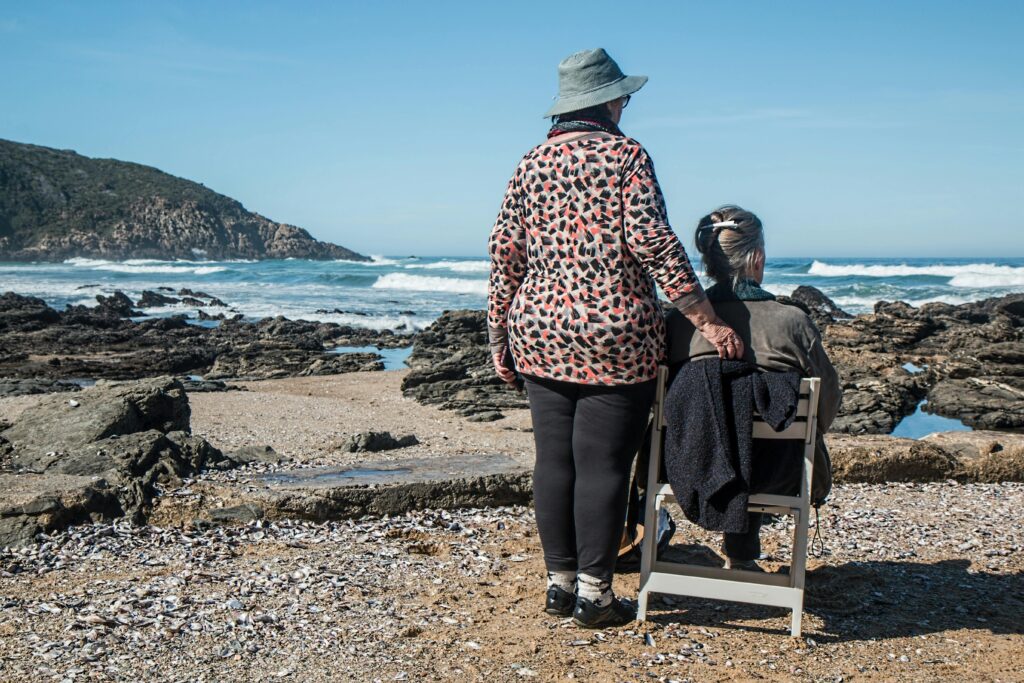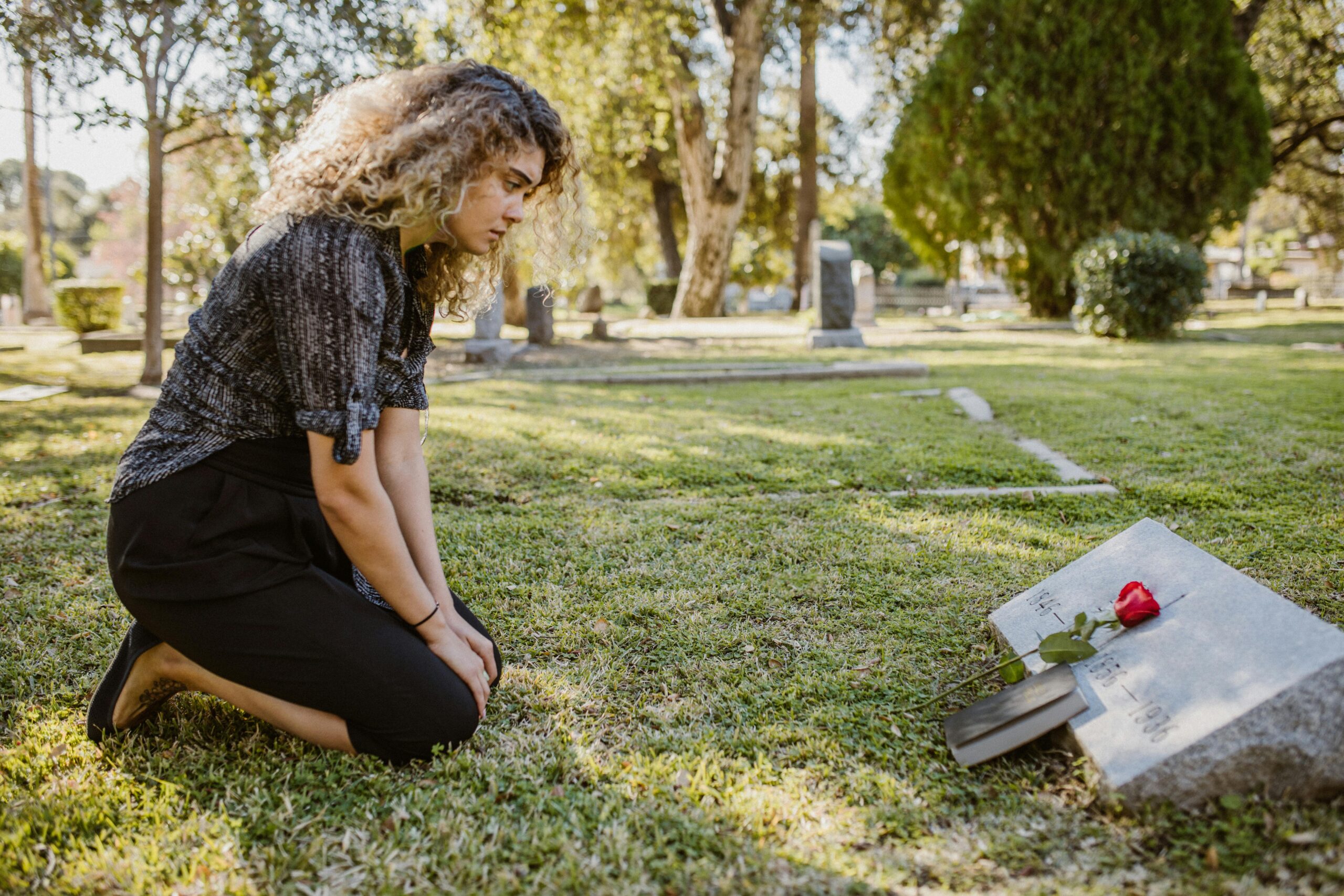As societies evolve, the unique challenges faced by elderly women often remain overlooked, overshadowed by broader discussions on aging and gender disparities. However, the intersection of age and gender presents a distinctive set of hurdles that require targeted interventions and support mechanisms. Non-Governmental Organizations (NGOs) play a pivotal role in addressing these challenges, offering tailored programs and initiatives to enhance the quality of life for elderly women worldwide.
Understanding the Challenges
Elderly women encounter multifaceted challenges that stem from societal, economic, and health-related factors. Social isolation ranks prominently among these issues, exacerbated by factors such as widowhood, reduced mobility, and diminishing social networks. Many elderly women find themselves marginalized, their voices often unheard in decision-making processes that affect their well-being. Moreover, economic vulnerability becomes more pronounced with age, as pension gaps and limited access to financial resources diminish economic security.
Health disparities further compound these challenges. Women generally live longer than men, yet they often face greater health risks and barriers to healthcare access in older age. Chronic conditions such as arthritis, osteoporosis, and cognitive impairments disproportionately affect elderly women, necessitating specialized care and support services that may not always be readily available.
The Role of NGOs in Empowerment
NGOs specializing in elderly care and women’s rights play a crucial role in empowering elderly women by addressing these challenges comprehensively. Through advocacy, education, and direct service provision, these organizations create environments where elderly women can thrive rather than merely survive.
Advocacy and Awareness: NGOs advocate for policy reforms that recognize and address the specific needs of elderly women. By raising awareness about issues such as elder abuse, healthcare disparities, and economic insecurity, these organizations mobilize support for systemic change.
Health and Well-being Initiatives: Many NGOs provide health and wellness programs tailored to the needs of elderly women. These initiatives include regular health screenings, exercise classes, and mental health support groups that promote physical and emotional well-being.
Financial Empowerment: Economic empowerment programs offer elderly women opportunities to enhance their financial literacy, access microfinance options, and participate in income-generating activities. By bolstering financial independence, NGOs mitigate the impact of economic vulnerability.
Social Inclusion and Community Building: Combatting social isolation, NGOs create spaces where elderly women can engage in social activities, share experiences, and build supportive networks. Community centers, peer support groups, and intergenerational programs foster a sense of belonging and purpose.
Case Study: The Impact of XYZ NGO
XYZ NGO exemplifies the transformative impact of NGO interventions on elderly women’s lives. Through its holistic approach, XYZ NGO has empowered elderly women in rural communities by providing access to healthcare, promoting sustainable agriculture practices, and establishing community savings groups. By prioritizing gender-sensitive programming and fostering partnerships with local stakeholders, XYZ NGO has effectively addressed the unique challenges faced by elderly women, ensuring their voices are heard and their rights upheld.
Conclusion
In conclusion, addressing the unique challenges faced by elderly women requires a concerted effort from NGOs, policymakers, and communities alike. By recognizing the intersectional nature of age and gender, NGOs can implement targeted interventions that enhance elderly women’s quality of life, promote their rights, and foster inclusive societies. As we strive towards a more equitable future, investing in NGO support for elderly women emerges not only as a moral imperative but also as a pathway to sustainable development and social justice.
Through collaborative efforts and innovative solutions, we can build a world where elderly women are valued, respected, and empowered to live fulfilling lives in dignity and security.
This blog explores how NGOs are pivotal in addressing the unique challenges faced by elderly women, offering a blend of analysis, case study, and advocacy for inclusive policies and supportive interventions.







